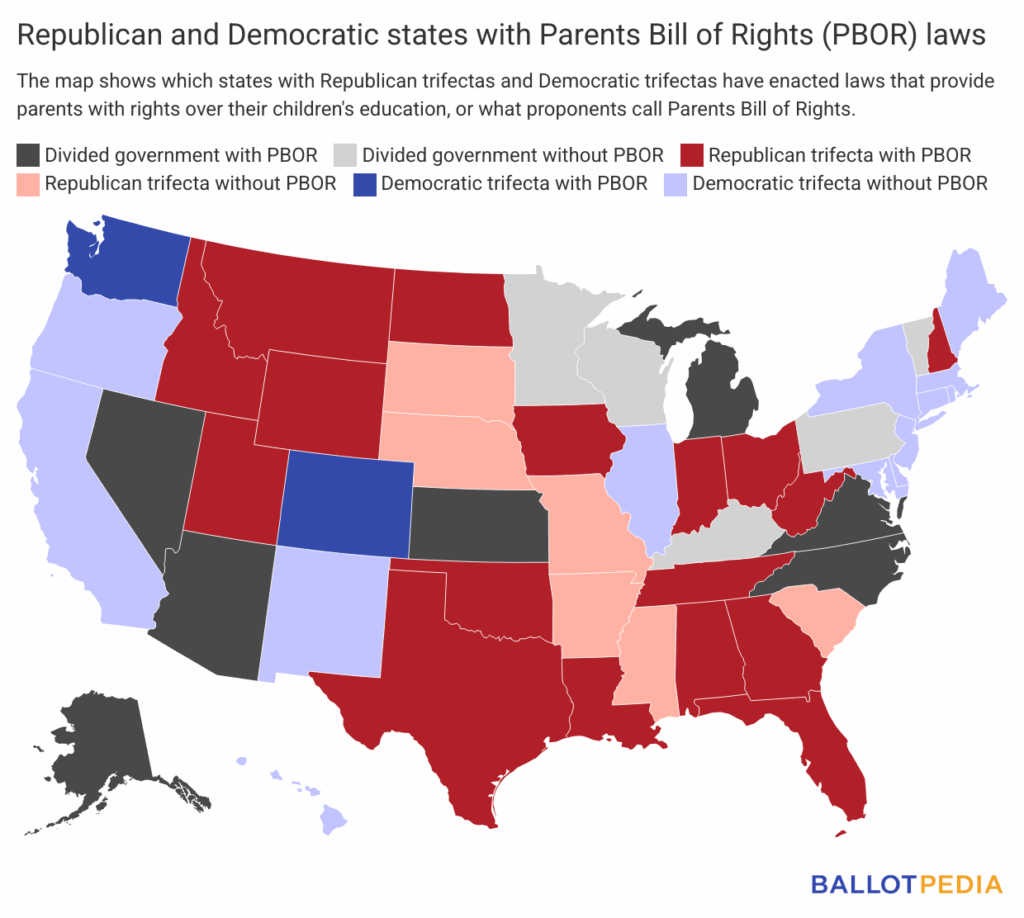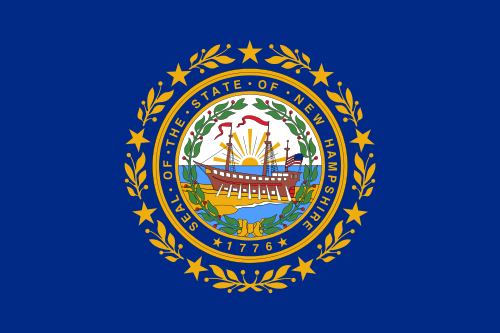What's the story?
New Hampshire Gov. Kelly Ayotte (R) signed House Bill (HB) 10 on June 10, adopting a statewide Parents' Bill of Rights. This bill establishes parents' rights regarding their child's education, prohibits schools from infringing those rights, and allows parents to seek legal relief if these rights are violated. The bill also requires school boards to develop policies for parent participation and to inform parents of their rights under this bill.
The law defines the following as parental rights:
- Directing the education of a child, including the ability to enroll their child in a public school assigned by residence, a public charter school, a nonpublic school (including a religious school), a home education program, or another state-approved education program.
- Inspecting any instructional material used as part of the educational curriculum within a reasonable period following a request, and to opt out of health or sex education.
- Requesting and promptly receiving accurate, truthful, and complete disclosure regarding all matters related to their minor child from the school or school personnel.
The law includes the following provisions that constrain the authority of school boards.
- It prohibits schools from infringing on the rights of a parent to direct the upbringing, education, health care, and mental health of his or her minor child without demonstrating that it's necessary to achieve a compelling state interest, that it's narrowly tailored, and that the interest cannot be served by less restrictive means.
- It requires all school boards in the state to adopt policies that promote parental involvement in schools.
- It requires all school boards to publish the Parents' Bill of Rights in their annual report, on their website, and in school handbooks.
HB 10 passed the New Hampshire House on March 20 by a vote of 212-161 and the state Senate on June 5 by a voice vote.
The law will take effect on July 1, and the full text is available here.
What's the background?
Parents' Bills of Rights are state laws that afford parents specific rights regarding the upbringing of their children. The provisions of these laws vary across the states that have them, but commonly include the right to direct the education of their children.
These laws can constrain the policy-making authority of school boards by requiring them to adopt specific policies, like allowing parents to review all curriculum, or by prohibiting other policies, such as requiring all students to have particular vaccinations.
New Hampshire is the 26th state to adopt a statewide Parents' Bill of Rights.
- Seventeen (17) states with Parents' Bills of Rights have Republican trifectas
- Two (2) states with Parents' Bills of Rights have Democratic trifectas
- Seven (7) states with Parents' Bills of Rights have divided governments

Ballotpedia researched the authority of school boards and the constraints on that authority for all 50 states. View the page regarding the authority of school boards in New Hampshire here.
Additional reading:



